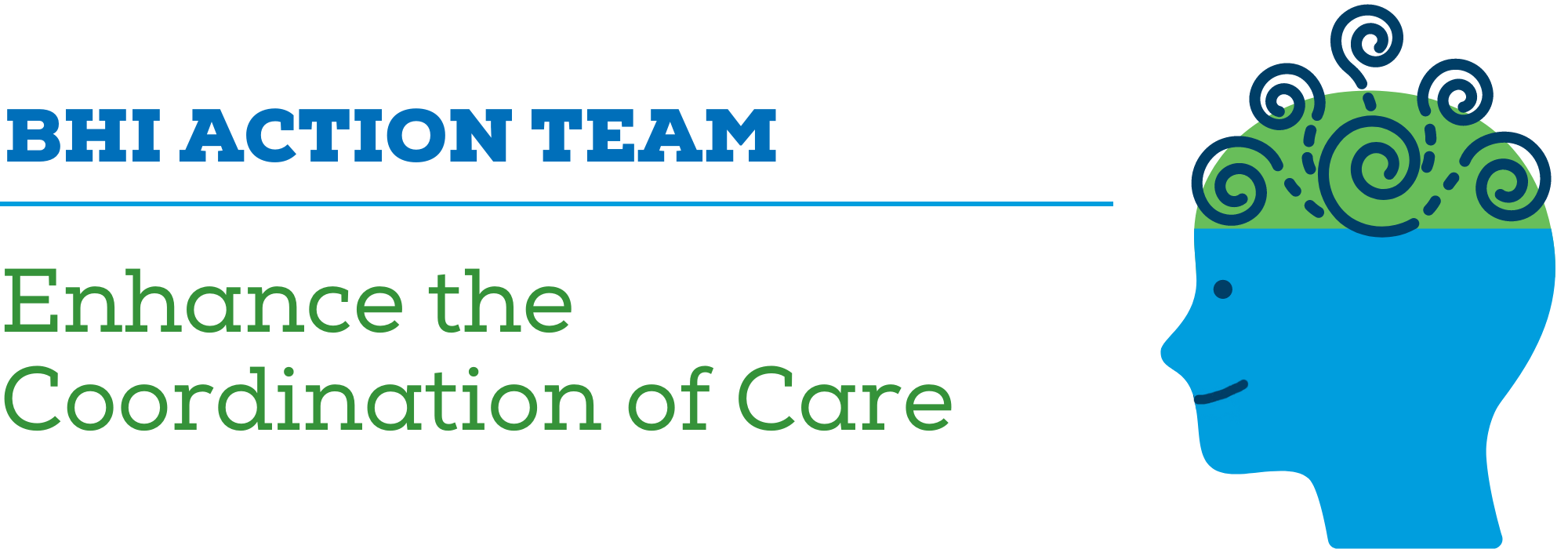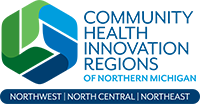
Project Name:
Strengthening Care Coordination
Team Leaders, Members and their Organizational Affiliations:
LEADERS
- Deb Aldridge
- Jenifer Murray
MEMBERS
- Heidi Britton
- Amy Burk
- Ashley Dominic
- Megan England
- Sarah Hughes
- Ranae McCauley
- Sally Mellema
- Lindsey Schnell
- Courtney Wiggins
September 2022 Behavioral Health Summit Materials
SUPPORTING DOCUMENTS
April 2022 Behavioral Health Summit Materials – Grand Traverse Region
Project Name:
Quick, Easy, Accurate Resource Information
Team Leaders, Members and their Organizational Affiliations:
LEADERS
- Sally Mellema – District Health Department # 10 Community Connections Supervisor
MEMBERS
- Megan England – District Health Department #10
- Lisa Hanes
- Demarie Jones – Disability Network Northern Michigan
- Lana Payne
- Alyson Kass – Munson Community Health, SUN
- Marian Kromkowski – Leelanau County Probate and Family Court Judge
- Kathy Sanders – BDAI
SUPPORTING DOCUMENTS
April 2022 Behavioral Health Summit Materials – Charlevoix/Emmet Region
Project Name:
Coordinate Access to Care Across the Lifespan
Team Leaders, Members and their Organizational Affiliations:
LEADERS
- Deb Aldridge – CHIR
- Karen Goodman – Centra Wellness Network
MEMBERS
- Randy Koch – Little Traverse Bay Bands of Odawa, Behavioral Health Manager, Health Department
Additional Partners
- Christine Gebhard
SUPPORTING DOCUMENTS
![]()
